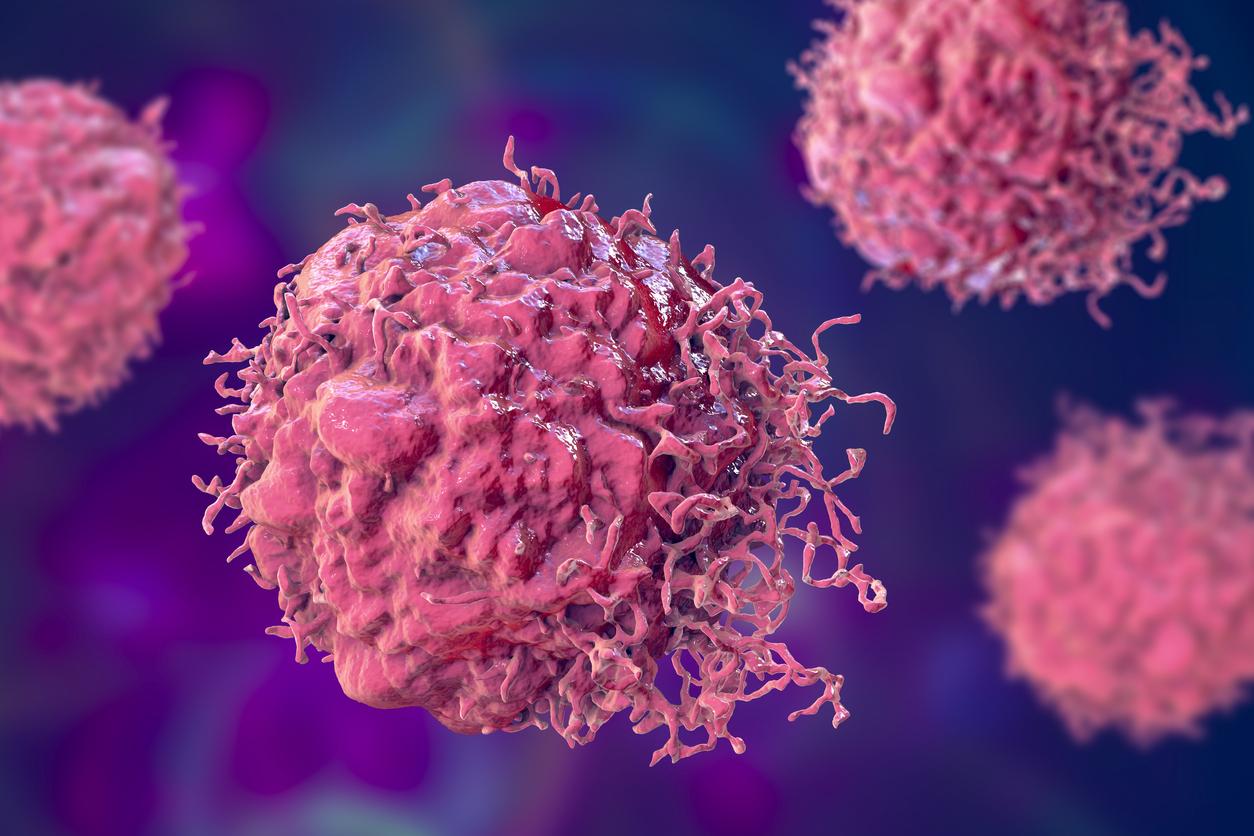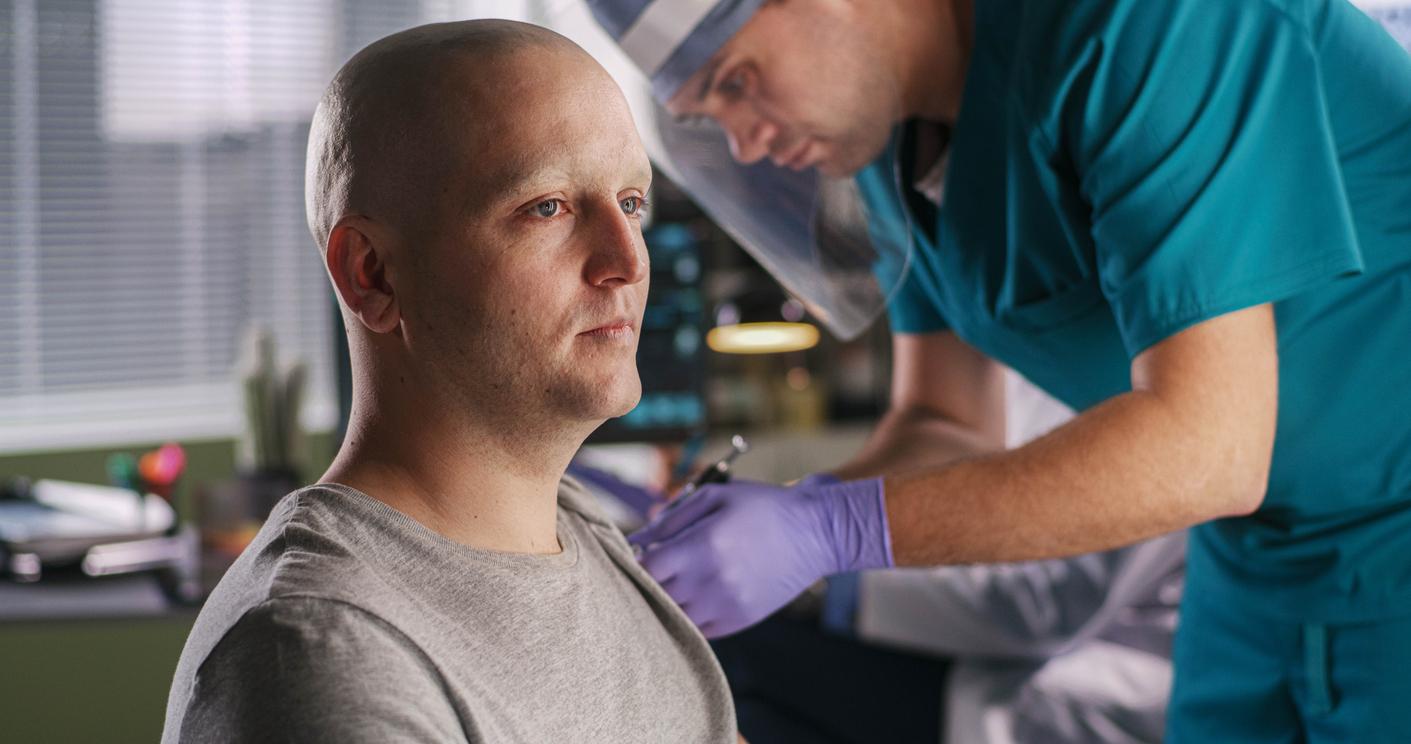French researchers have determined that seaports could be epidemiological hotbeds of a contagious cancer affecting mussels.

- There are fourteen lineages of contagious cancers, which mainly concern several species of marine bivalves.
- Researchers have found that seaports could be epidemiological hotbeds of a rare cancer, called MtrBTN2, affecting mussels.
- In addition to marine currents, the global spread of this disease is linked to the movement of sick mussels attached to the hulls of boats.
Very rare, transmissible cancers are caused by malignant cell lines, which have acquired the capacity to infect new hosts through the transmission of live cancer cells. To date, there are fourteen lines of contagious cancers, which mainly concern different species of marine bivalves (molluscs with a shell with two valves) such as mussels. or scallops.
Maritime ports, epidemiological centers of a rare cancer
Researchers from the CNRS and the University of Montpellier recently observed that seaports could promote the global spread of “MtrBTN2”, a rare and contagious cancer affecting mussels, but harmless to humans. These results were published in the journal Proceedings of the Royal Society B.
MtrBTN2 cancer cells can survive for several days in sea water. Marine currents can therefore encourage their proliferation, but cannot alone explain the global spread of this disease. Scientists therefore took an interest in marine ports, and studied 76 populations of mussels living along the Vendée coast and in the south of Brittany in different habitats, natural or artificial.
MtrBTN2 cancer: regulating the “biofouling” phenomenon to fight against its spread
In nature, contagion by the MtrBTN2 cancer is only possible between mussels from the same bed. During their work, the authors of the study noted that “ports and maritime transport favor its dissemination between individuals from different schools, via the movement of diseased mussels attached to the hulls of boats”.
In a press release, the French team therefore called for the fight against “biofouling”, or biological fouling. This phenomenon results in an accumulation of aquatic organisms (animals, plants, microorganisms, etc.) on surfaces submerged or exposed to an aquatic environment such as boat hulls. Preventing biofouling on docks and ship hulls would reduce “the spread of this disease and preserving the health of coastal environments”the researchers concluded.














